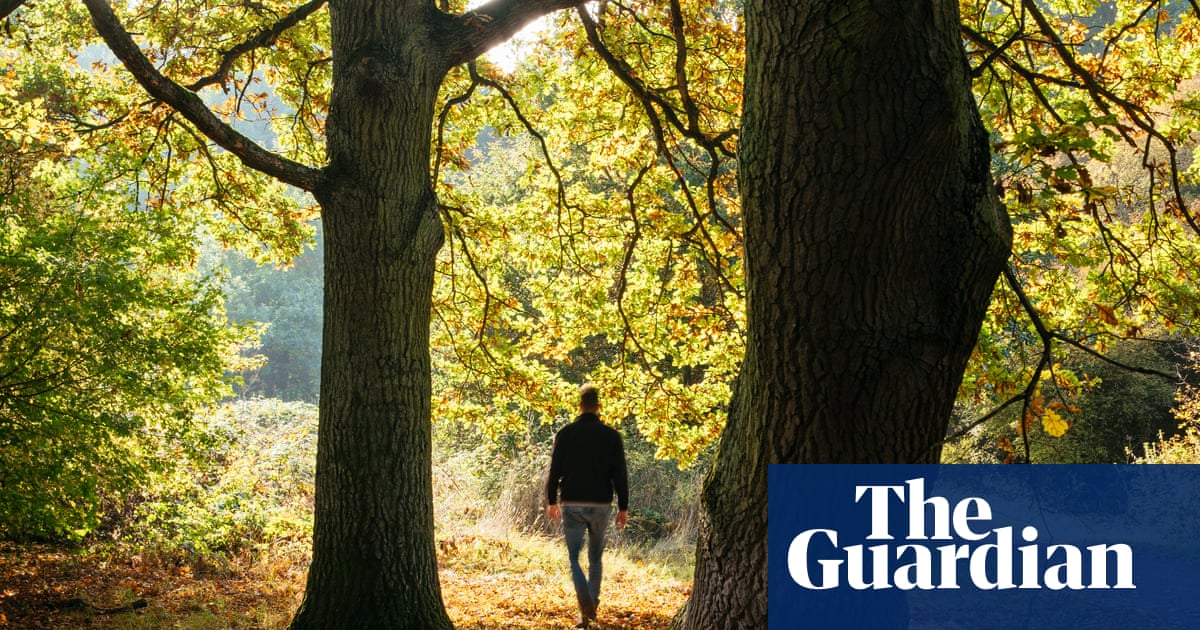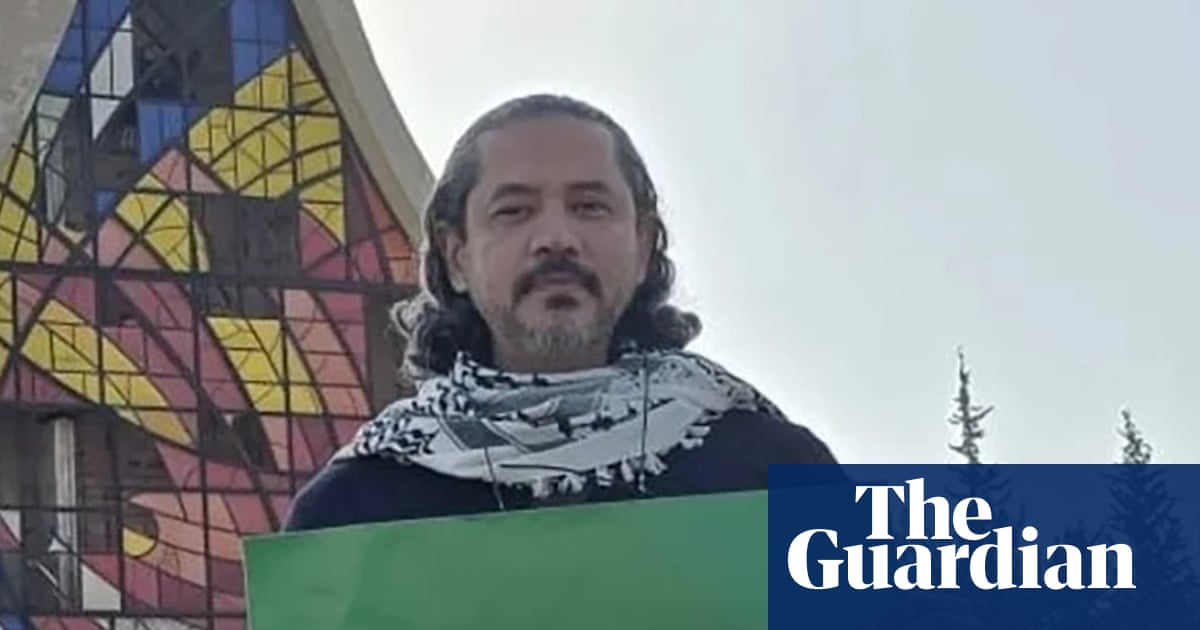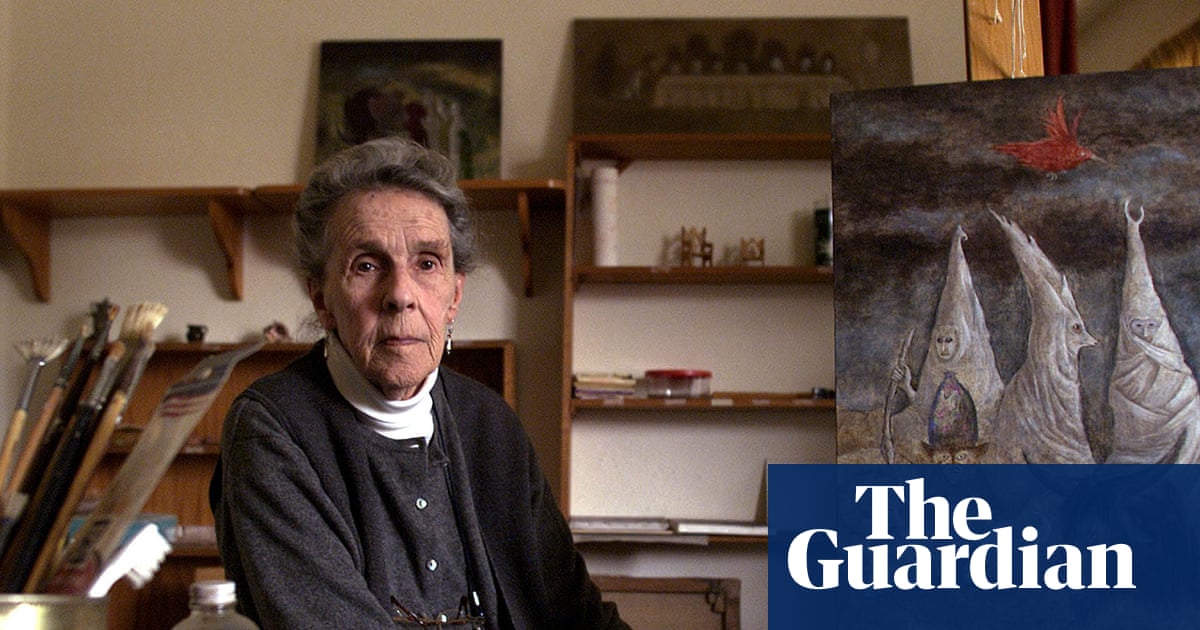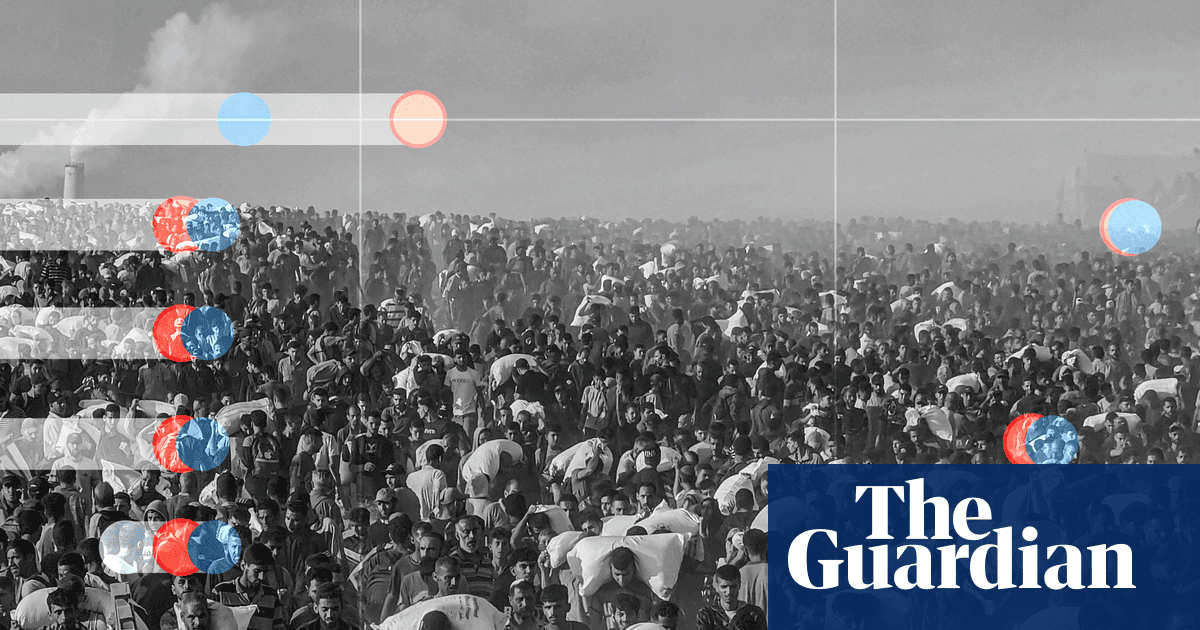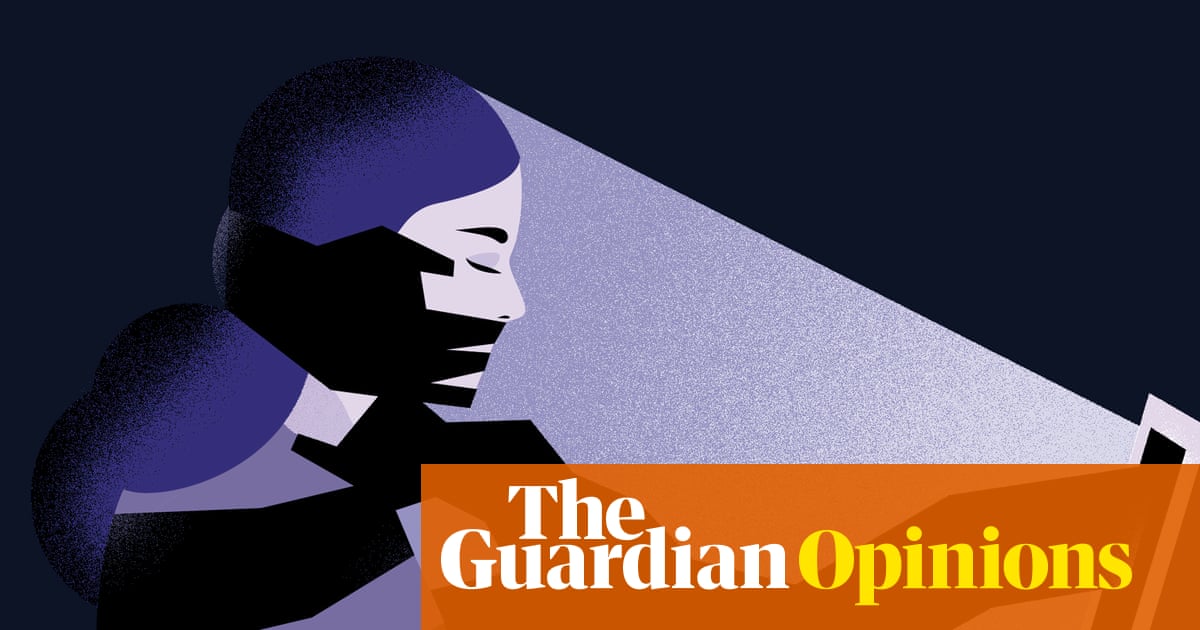For almost two months, Maneerat Kote-Bandit had felt on edge, nervous that the tensions simmering on the Thai-Cambodian border might escalate. Everyone in her village, close to the disputed border, had been told to prepare emergency bags in case fighting erupted. “We kept following the news, staying alert and asking: is this the day?”
Still, when the boom of heavy artillery and gunfire echoed through her village on Thursday morning, she was shaken with panic. It was between 8am and 9am when the blasts started. Shortly after, a message was played on a loudspeaker across the village, urging people to get ready to flee.
Maneerat’s nephews, eight and nine, were sent home from school, and the family quickly piled into the back of her pickup truck. From between the houses relatives were shouting “come on, come on” as they raced to leave.
“We were shocked, scared but we had to get ourselves together,” says Maneerat.
The family is now staying near a municipality centre where at least 100 people sleep on bamboo mats under a metal structure.
They are among more than 130,000 people who have been evacuated from their homes in border areas of Thailand, after the deadliest fighting in a decade erupted between Thailand and Cambodia on Thursday.
“There may have been difficult times in the past but not like this,” says In Chanthathep, 72, who is also staying at the centre. She has lived in her village, in Nam Yuen, the southernmost district of Ubon Ratchathani, her whole life, but has never heard fighting so close to her home.
“I just heard a loud noise and I was so panicked,” says In. She didn’t have time to pack anything. “It was so abrupt,” she adds. Her son physically carried her into a car and drove her to the shelter.
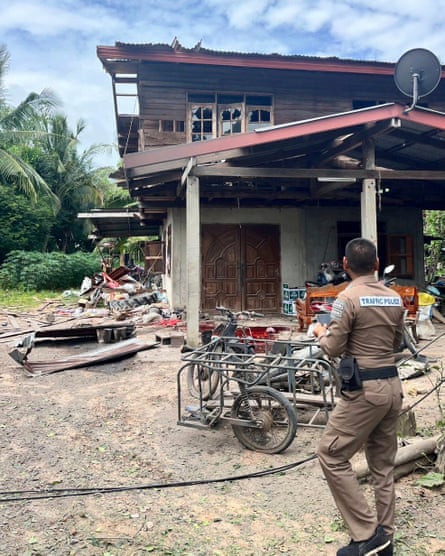
It is not especially comfortable, but at least it is safe, she says. She had received some donated clothes and a pillow, and had registered to receive a blanket.
“It’s better than being at home. At least here I can’t hear the blasts. At least here I have peace of mind,” she says.
As she speaks, staff call out the names of people who registered for toiletries or other supplies. At the front of the hall, a TV plays the latest news bulletin, with footage of buildings damaged in artillery fire.
The death toll in Thailand has reached 15, including 14 civilians. In Cambodia, one civilian was killed in Oddar Meanchey province according to a local official. A death toll has not been given by the national government.
Across Det Udom district in Ubon Ratchathani, where In and Maneerat are now staying, about 40 miles (60km) from their homes, more than 60 shelters have been set up in municipality centres, schools and temples. No one is sure how long they will have to stay.
Maneerat just wants everything to return to normal. She works in a flour factory, along with her sisters, but it has been closed due to the clashes. They do not know if they will still be paid.
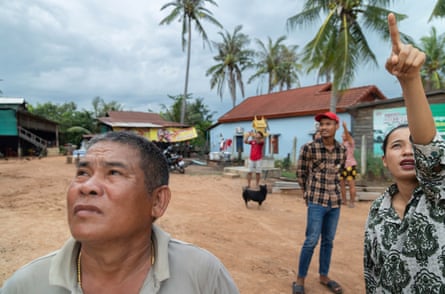
There will, without doubt, be an economic impact on local people, Maneerat adds. Cambodians and Thai people often cross over the border for business and to trade goods. “If it is mushroom season we go over there to buy some things, and if there’s a season here where we have produce, they will come,” she says. Relations are friendly, and Cambodian neighbours cross so frequently they speak Thai.
Phusita Boottarat, 36, and Kamonwan Homsub, 27, municipality workers who are managing the shelter, are both stunned by how dramatically things have escalated.
When they were schoolchildren they would go on excursions to historic sites at the border. They never thought that one day such tourist spots would become a battleground.
Maneerat doubts the tensions can be resolved through negotiations and a ceasefire. “If they could make a deal in the first place then it wouldn’t have [escalated] into this.” All she can do, she says, is hope.

 3 months ago
43
3 months ago
43









